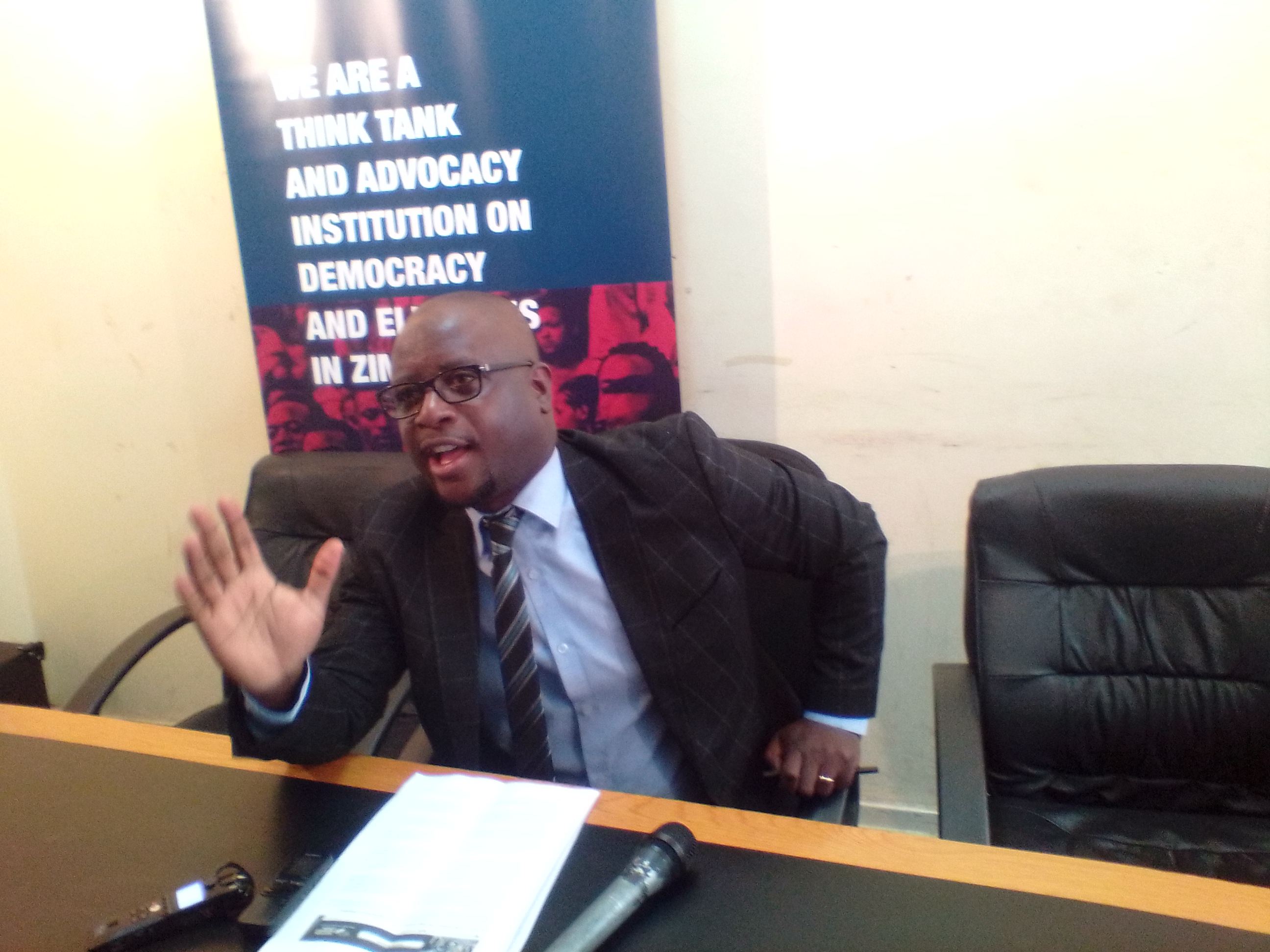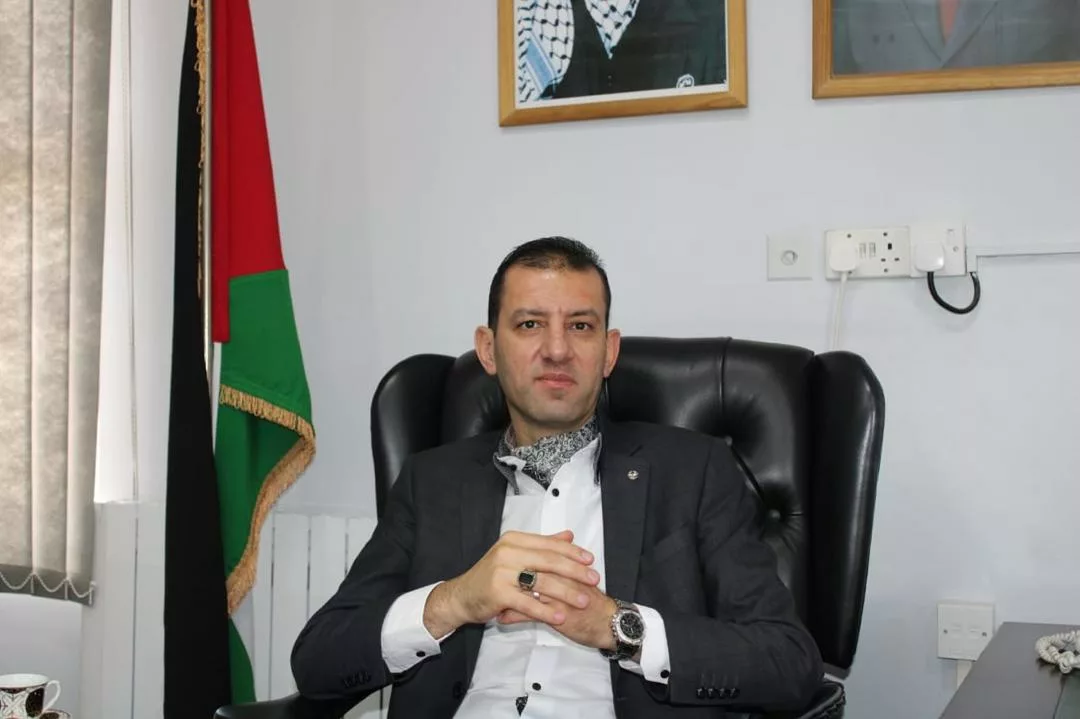By Staff Reporter
As a continuation of a long standing practice of assessing performance relating to the strengthening of future electoral processes, the Election Resource Centre (ERC) has launched the 5th Edition of the Election Reform Barometer (ERB) which covers the first year of the 2019 to 2024 election cycle.
Speaking at a press conference in Harare on the 19th of December 2019, the ERC Director, Tawanda Chimhini said the ERB was imperative as it gives an opportunity to strengthen the role of state institutions and state media to ensure that they do not negatively impact on the electoral processes.
The tool is also an opportunity to acknowledge, celebrate and amplify initiatives taken by policy makers to influence credible election processes.
Concerning the administration of elections in the region, Chimhini said despite the fact that Zimbabwe was still lagging behind to meet the regional election standards, it has been considered the most responsive nation pertaining elections recommendations.
“The ERB is aimed at governing the country’s elections, advocate for electoral reforms and improve the conduct of future elections. Beyond tracking performance on electoral reforms, the ERB is also a reminder to election stakeholders including the media that Zimbabwe has constitutional, regional and international obligations relating to the conduct of elections whose fulfilment remains outstanding.”
“We have been trying to engage with key stakeholders and policy makers to ensure the prevalence of fair elections in the country. Although there are still some gaps in as much as achieving good conduct of election, Zimbabwe has gone a long way in as much as domestication of standards but there is only need to implement the domesticated issues. ERC remains committed towards assessing a progress made towards strengthening elections in Zimbabwe and aimed at addressing experienced challenges,” said Chimhini.
In launching the barometer, he added that through direct engagement with all elections stakeholders, including citizens and political parties across the political divide the organisation is hoping to build consensus on some of the issues that could collectively be prioritised to improve not just the 2023 elections, but by –elections ahead of the harmonised ones.
The other issue which was articulated involve the role of traditional leaders in elections. Chimhini emphasised that their role should not be relegated but should be rather strengthened following that traditional leaders command a huge population in election process with that 70 percent of the voting population residing in rural areas.
“The role of traditional leaders in influencing how people vote is a significant issue raised in almost 3 election reports,” he said. Quality expression of citizens, he echoed, should be also improved. “Also there is need to ensure that elections occur in a conducive environment, if it’s not conducive then the election must be suspended for free quality expression of voters is crucial.”






